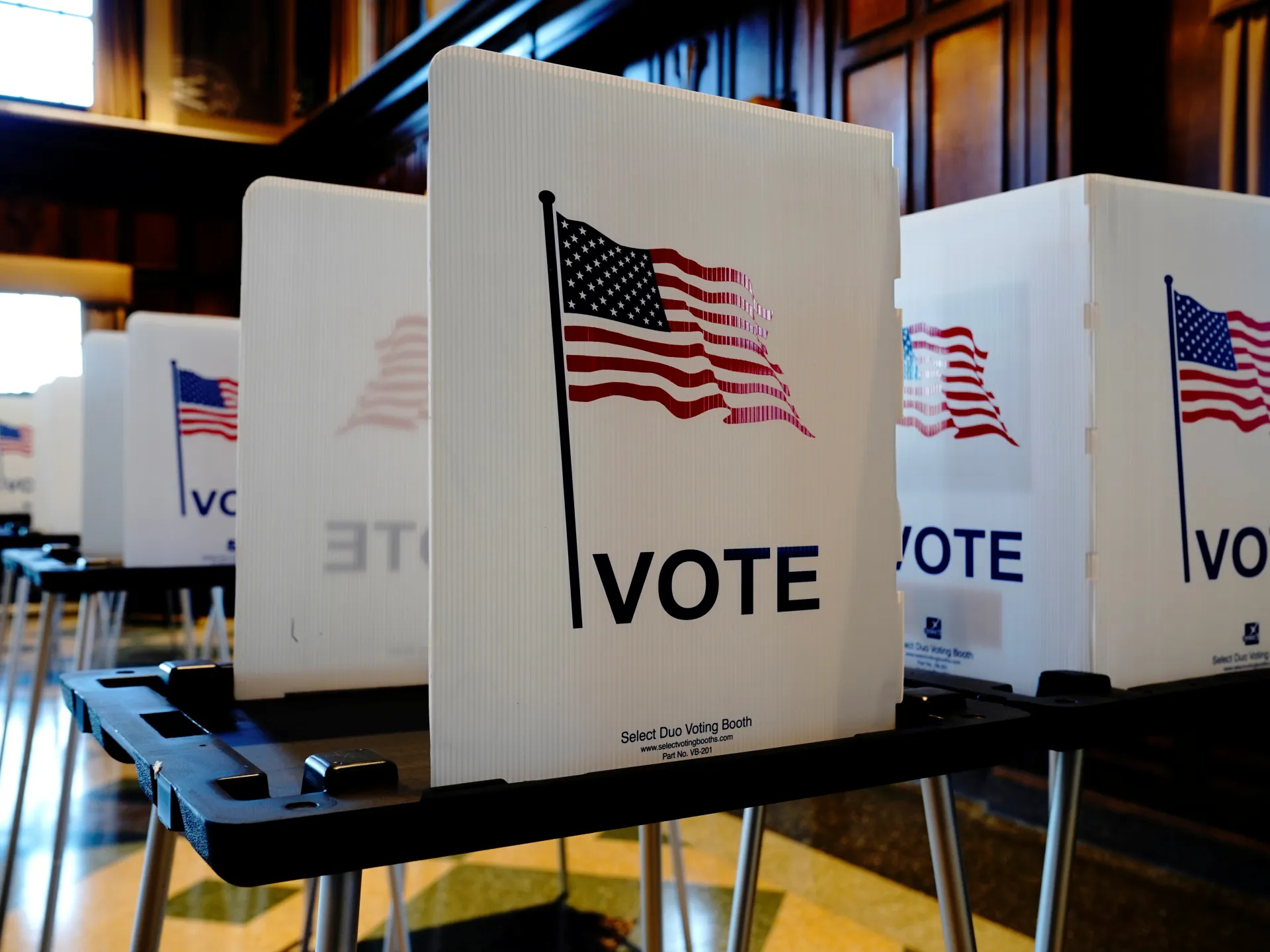By: Augustine Gill
As the sun rises on Election Day in California, the world watches with anticipation. U.S. elections often hold a unique sway globally, reflecting the influence of American policy and leadership across borders. Yet, in countries like Pakistan, there is a more complex relationship with these external events. The fixation on foreign powers as drivers of domestic change can feel misplaced; the true sources of progress lie closer to home.
In Pakistan, some speculate that a Trump victory might benefit Imran Khan, potentially even aiding his release from prison. But the reality is more nuanced. Khan’s future is not in the hands of foreign figures but rather embedded in Pakistan’s own political landscape. Known for his populist style and defiant stance, Khan has challenged established norms, pursuing his vision for change. His trajectory will be shaped by Pakistan’s internal dynamics and his own decisions within its socio-political framework, not by shifts in the West.
If Pakistan is to advance meaningfully, the country must recognize that progress cannot be imported; it must be cultivated within. After years marked by political manipulation and self-interest, Pakistan stands at a crossroads where unity, forgiveness, and reconciliation are urgently needed. The nation’s path forward demands a new focus on fundamental priorities such as education, health, economic stability, and interfaith harmony.
Encouragingly, Pakistan’s National Assembly recently saw a notable step in this direction. Khawaja Asif’s call for open debate on the country’s blasphemy laws was a groundbreaking moment—a sign of a potential shift toward inclusivity. His willingness to broach such a divisive subject acknowledges the longstanding grievances of minority communities who have felt marginalized under these laws. Asif’s stance suggests a desire to foster a more inclusive public discourse, paving the way for mutual understanding. For Pakistan to truly thrive, this approach must become central to its national dialogue.
Achieving this vision requires bold leadership willing to prioritize national unity over personal or political gain. It will take leaders who can champion reconciliation and respect, creating spaces where diverse perspectives can coexist peacefully. Within this vision, the role of Christian leaders in Pakistan remains crucial. Despite facing daily struggles, many continue to support their communities and offer steadfast solidarity. The resilience demonstrated by Christian scholars and leaders, who engage thoughtfully with differing views, serves as an example for the nation at large.
Pakistan’s path to unity and prosperity must be rooted in healing, learning from past mistakes, and moving forward together. A nation where all voices are valued—where dialogue, forgiveness, and reconciliation become pillars of society—is not only an ideal but a necessity. This vision of an inclusive, harmonious Pakistan speaks to the heart of a country poised for transformation, guided by resilience and hope.
This article forms the foundation of themes discussed in my upcoming book, Beyond the Brink: Christians of Pakistan in Search of Co-existence in a Hostile and Turbulent Pakistan, to be published this Christmas. May it serve as a call for unity, resilience, and hope in the journey toward a harmonious Pakistan.


